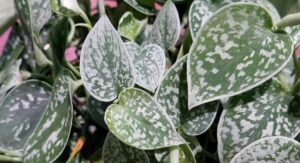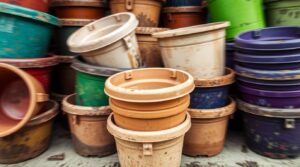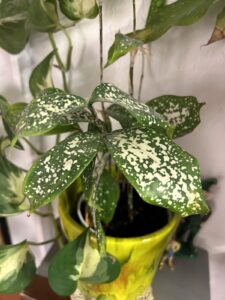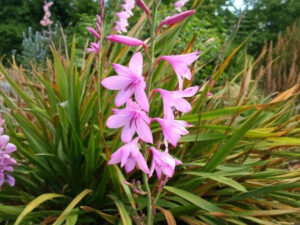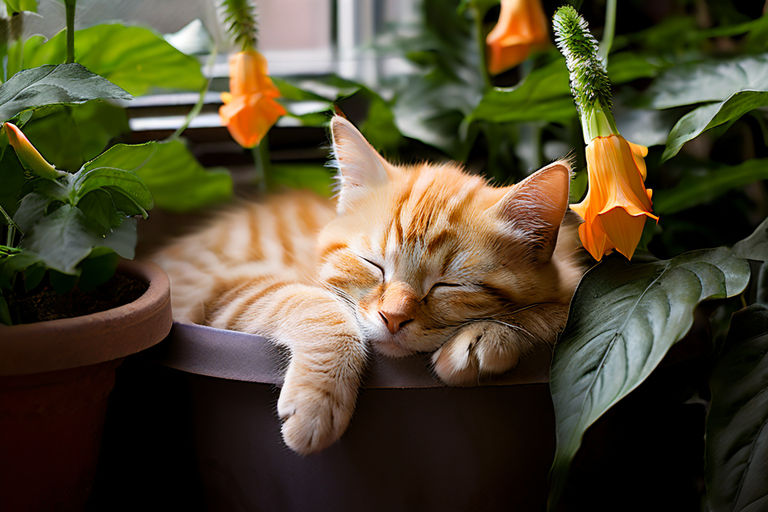
As a pet owner-I have an adorable grey tabby cat- it’s crucial to ensure your furry friends are safe and healthy. One often overlooked aspect of pet care is the plants you bring into your home.
Many common houseplants can be toxic to cats and dogs, causing a range of symptoms from mild discomfort to severe illness and even death. In this post, we’ll explore the top 12 toxic houseplants to keep away from your beloved pets.
In this article
- 1 Aloe Vera (Aloe barbadensis miller)
- 2 Dieffenbachia (Dieffenbachia spp.)
- 3 Philodendron (Philodendron spp.)
- 4 Pothos (Epipremnum aureum)
- 5 Sago Palm (Cycas revoluta)
- 6 Snake Plant (Sansevieria trifasciata)
- 7 Peace Lily (Spathiphyllum spp.)
- 8 Oleander (Nerium oleander)
- 9 English Ivy (Hedera helix)
- 10 Azalea (Rhododendron spp.)
- 11 Jade Plant (Crassula ovata)
- 12 Cyclamen (Cyclamen spp.)
Aloe Vera (Aloe barbadensis miller)

Aloe vera is a popular plant known for its healing properties, but it’s also toxic to cats and dogs. Ingestion can cause vomiting, diarrhea, lethargy, and tremors. Keep this plant out of reach of your pets to avoid any potential harm.
Dieffenbachia (Dieffenbachia spp.)
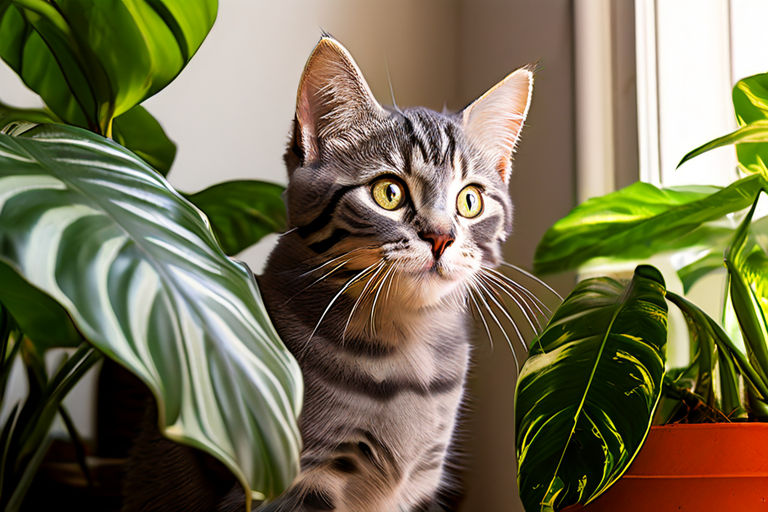
Dieffenbachia, also known as the dumb cane, is another plant that can cause significant harm to pets. It can lead to oral irritation, intense burning and irritation of the mouth, drooling, vomiting, and difficulty swallowing. Avoid placing this plant near your pet’s favorite areas.
Philodendron (Philodendron spp.)
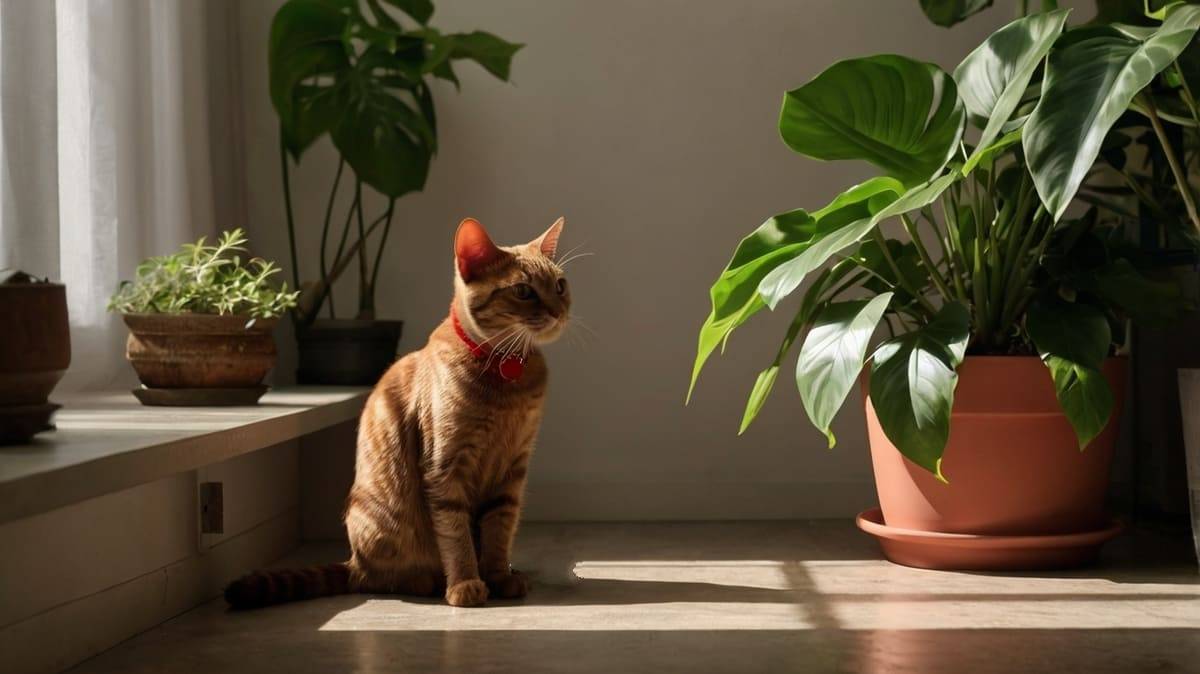
Philodendron is a popular, low-maintenance plant that can cause irritation of the mouth, tongue, and lips; excessive drooling; vomiting; and difficulty swallowing in cats and dogs. Keep this plant out of reach of your pets to ensure their safety.
Pothos (Epipremnum aureum)
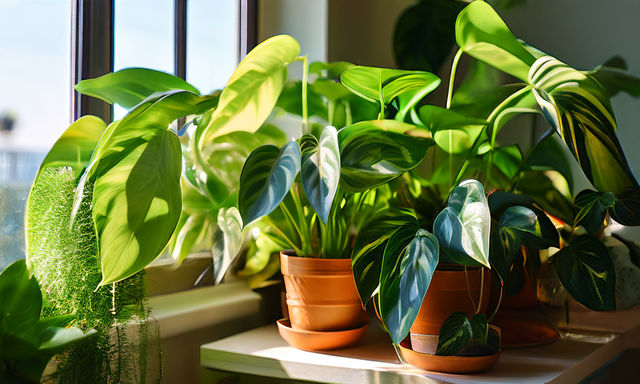
Pothos is a versatile, easy-to-grow plant that can cause oral irritation, vomiting, and difficulty swallowing in pets. To avoid any potential harm, keep this plant away from your pets.
Sago Palm (Cycas revoluta)
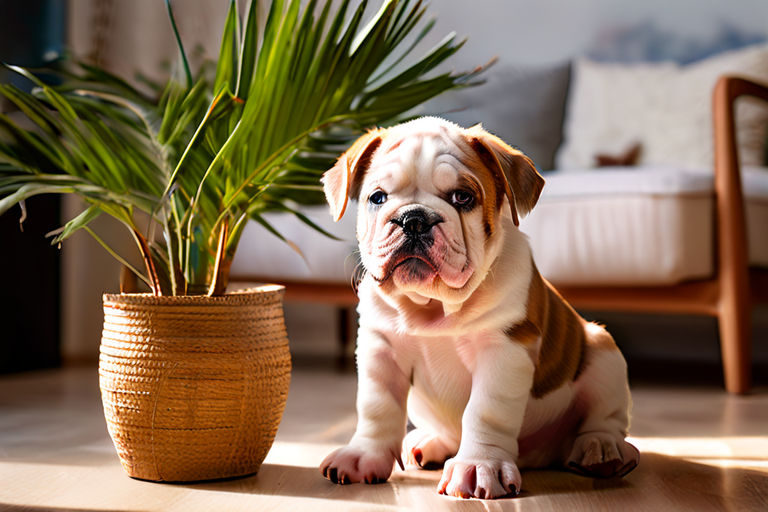
The Sago Palm is one of the most toxic plants on this list. Ingestion can lead to severe liver failure and even death. Symptoms include vomiting, diarrhea, seizures, and liver damage. Avoid placing this plant anywhere near your pets.
Snake Plant (Sansevieria trifasciata)
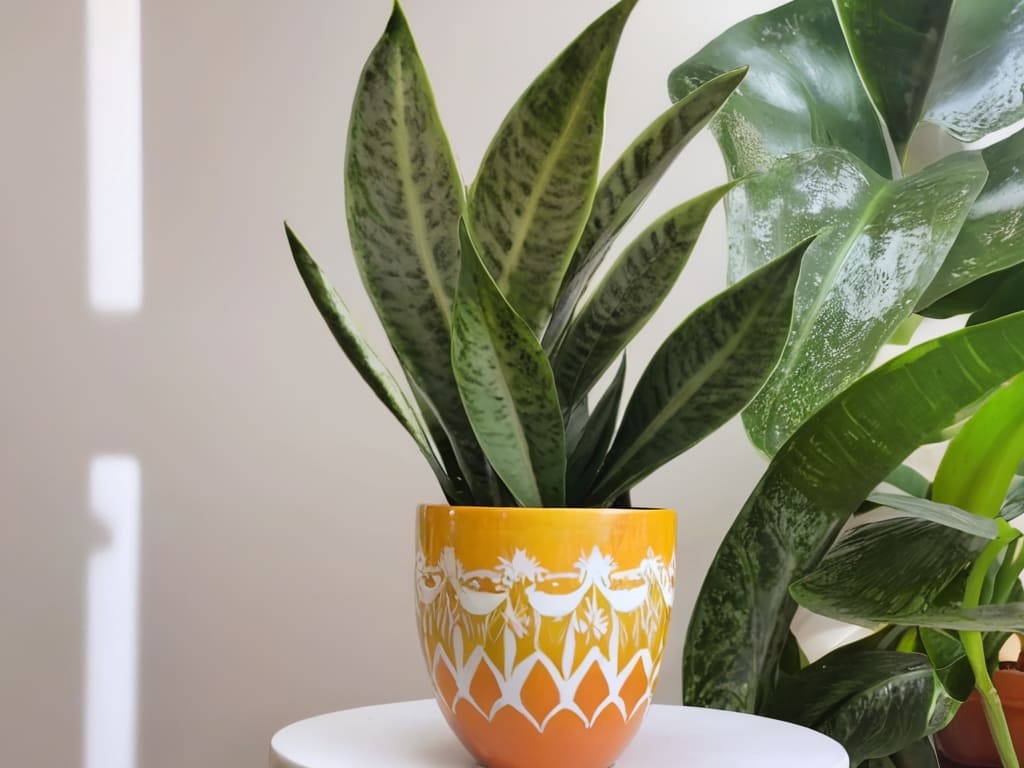
Snake plants are known for their air-purifying properties, but they can also cause nausea, vomiting, and diarrhea in pets. Keep this plant out of reach of your pets to ensure their safety.
Peace Lily (Spathiphyllum spp.)
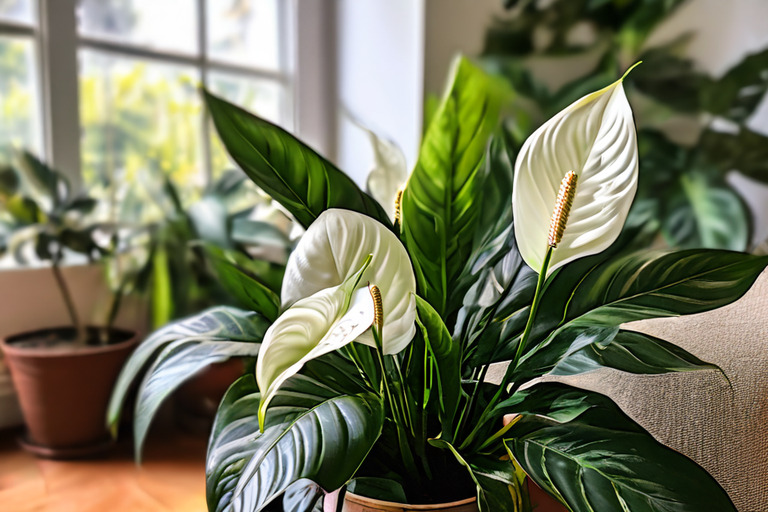
Peace Lilies are popular for their beautiful flowers and ability to purify the air. However, they can cause oral irritation, burning of the mouth, drooling, vomiting, and difficulty swallowing in pets. Avoid placing this plant near your pet’s favorite areas.
Oleander (Nerium oleander)
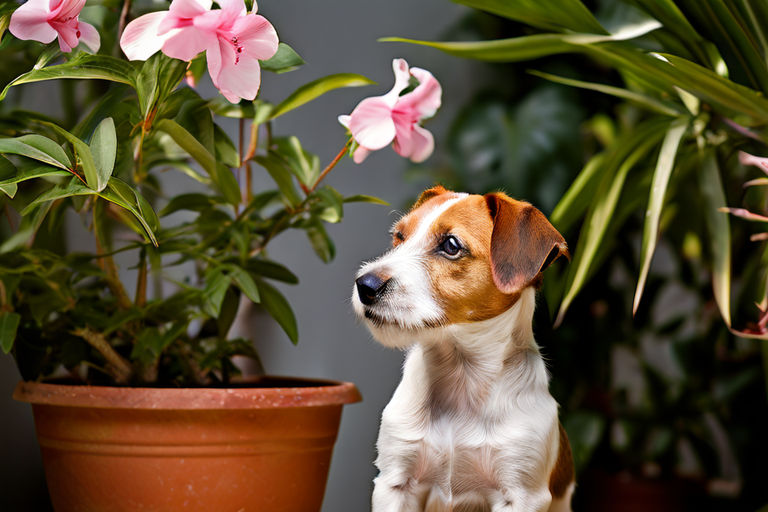
Oleander is highly toxic and can cause severe vomiting, decreased heart rate, and potentially death if ingested. Avoid placing this plant anywhere near your pets.
English Ivy (Hedera helix)
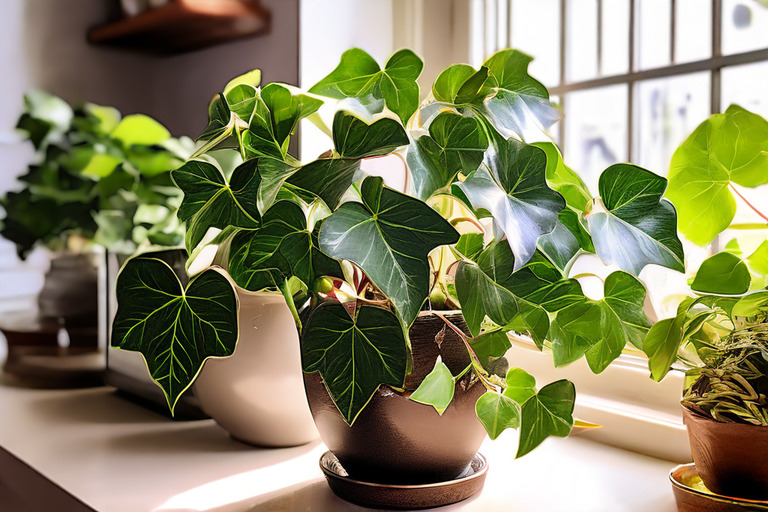
English Ivy is a popular, low-maintenance plant that can cause vomiting, abdominal pain, hypersalivation, and diarrhoea in pets. Keep this plant out of reach of your pets to ensure their safety.
Azalea (Rhododendron spp.)
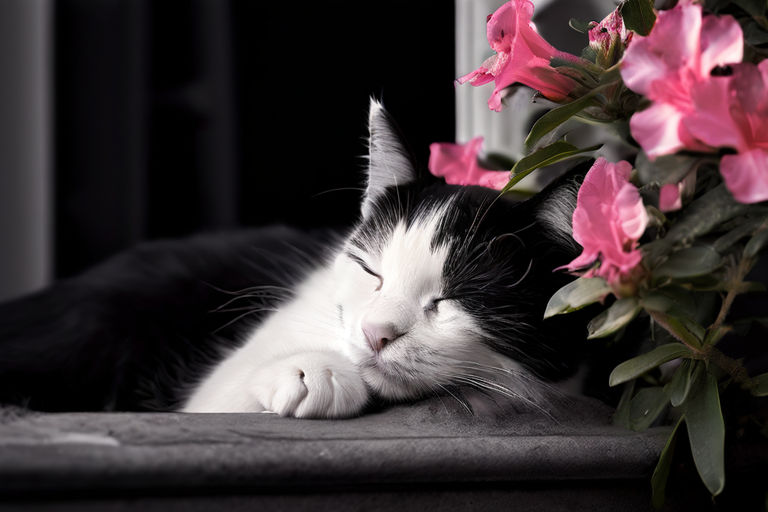
Azaleas are beautiful flowering plants that can cause vomiting, diarrhea, drooling, and, in severe cases, coma or death if ingested. Avoid placing this plant near your pet’s favorite areas.
Jade Plant (Crassula ovata)
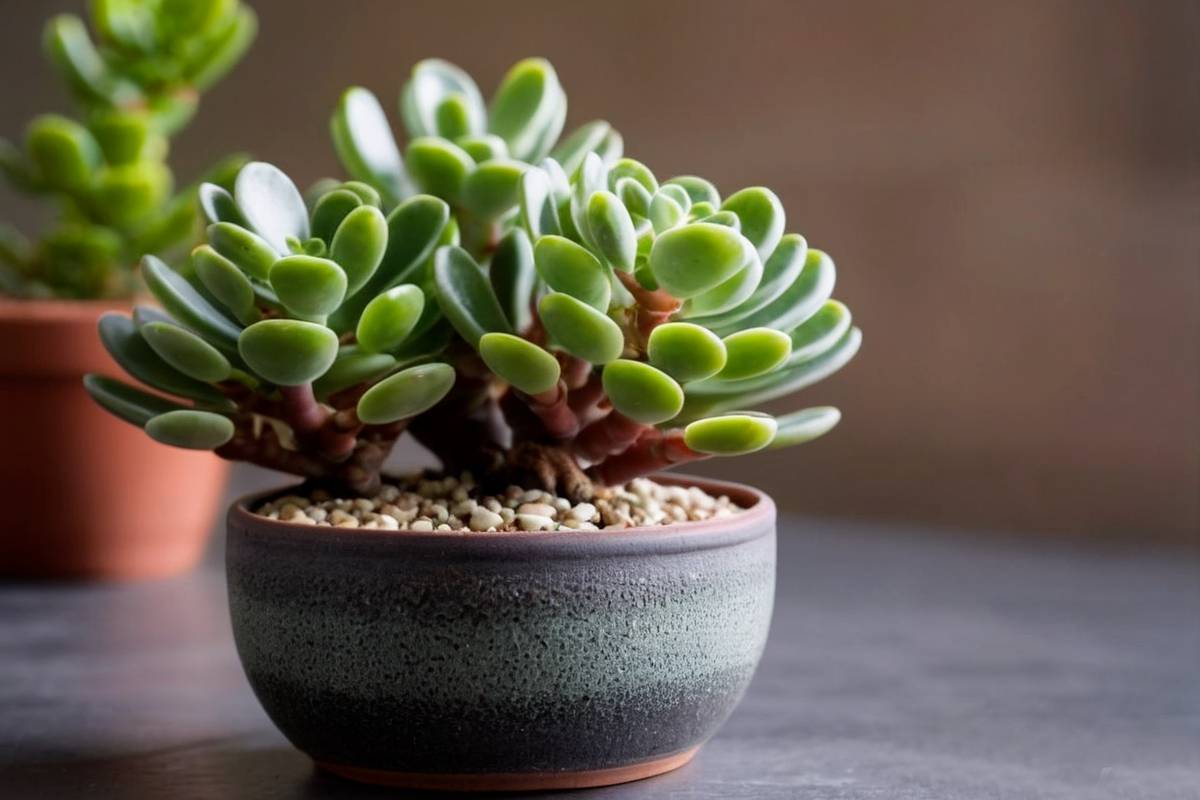
Jade plants are popular for their low-maintenance care, but they can cause vomiting, depression, ataxia (loss of coordination), and slow heart rate in pets. Keep this plant out of reach of your pets to ensure their safety.
Cyclamen (Cyclamen spp.)
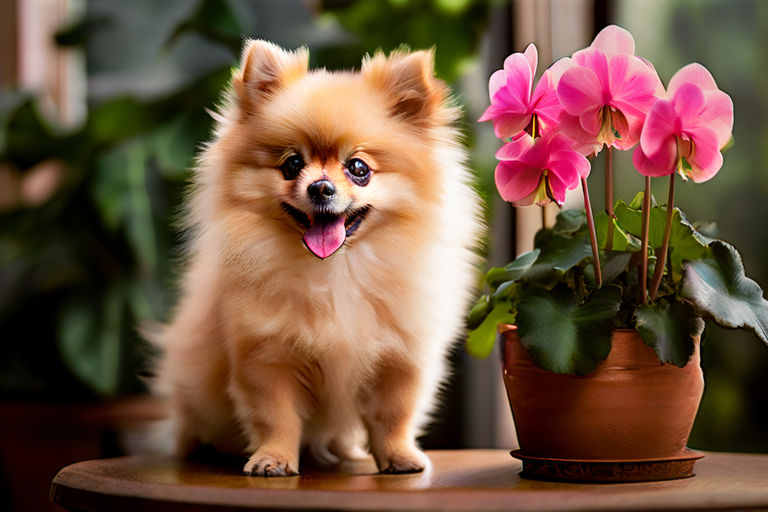
Cyclamen are popular for their beautiful flowers and ability to purify the air. However, they can cause significant oral irritation, vomiting, and diarrhea in pets. Large ingestions may cause heart abnormalities, seizures, and death. Avoid placing this plant near your pet’s favorite areas.
RELATED: Which Herbs Are Safe to Grow Indoors with Cats?
What to Do If Your Pet Ingests a Toxic Plant
If you suspect your pet has ingested any of these plants, contact your veterinarian or an emergency animal poison control center immediately.
It’s best to keep these plants out of reach of pets or opt for pet-safe plants to ensure their safety.
By being aware of these toxic houseplants and taking the necessary precautions, you can ensure your pets stay safe and healthy. Remember to always prioritize their well-being and take steps to prevent any potential harm.
